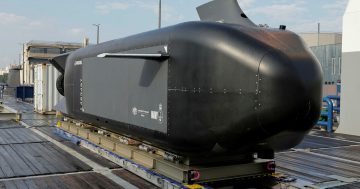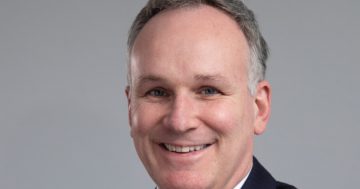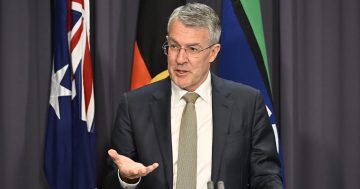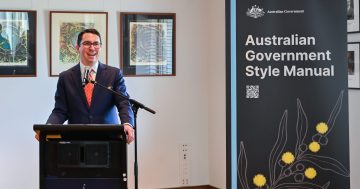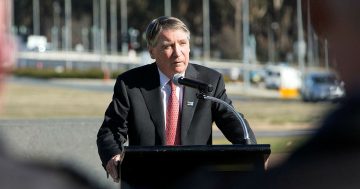It’s been quite a year in the public sector, with Robodebt, code of conduct breaches and an election. Take a look back at what has made headlines in 2024.
16. GenCost says renewables cheaper than nuclear for future, but not all agree
by Chris Johnson

CSIRO’s latest GenCost report says renewable energy is a cheaper option than large-scale nuclear for new-build electricity technology. Photo: Australian Renewable Energy Agency.
Renewables remain the cheapest option for new-build electricity technology, says CSIRO in its latest GenCost report, which for the first time includes large-scale nuclear technology in its comparisons.
The report, prepared in collaboration with the Australian Energy Market Operator (AEMO), assessed large-scale nuclear from what it described as “the highest volume of feedback” since the GenCost’s inception in 2018 – and found it to be more costly in the journey to net-zero emissions.
15. No one’s rushing to help Pocock get more senators for the ACT
by Chris Johnson
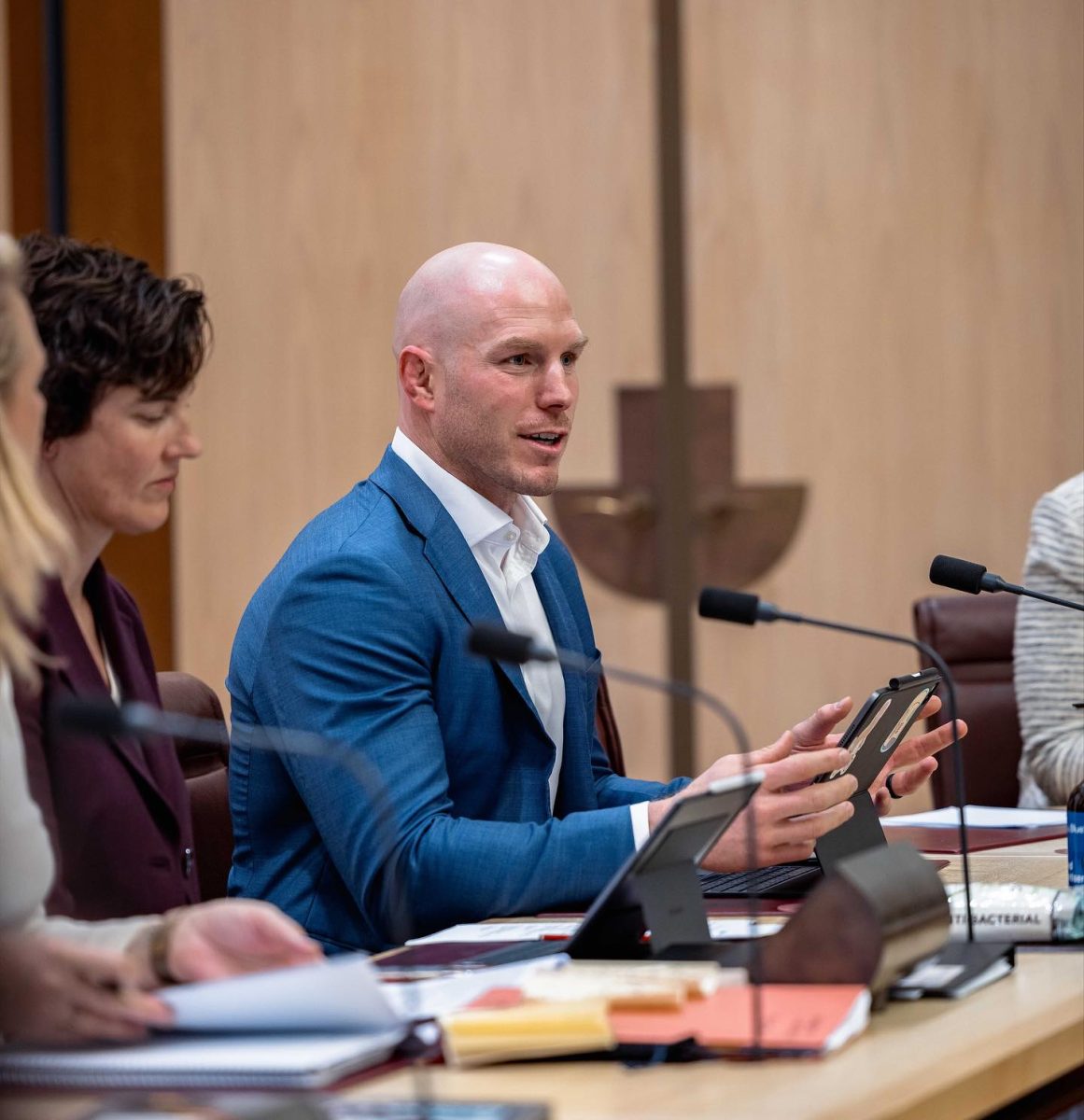
David Pocock is flabbergasted that no other ACT federal MP or Senator wants to increase the territory’s Senate representation. Photo: David Pocock Instagram.
ACT independent senator David Pocock isn’t finding much love for his bill to increase the number of territory senators.
On the eve of introducing his bill seeking to increase the number of senators from two to six for both the ACT and the Northern Territory, Senator Pocock expressed frustration at the limited support he had received.
He said he had asked every ACT and NT senator and House of Representatives MP to co-sponsor his bill but was snubbed.
14. Campbell and Leon named and found guilty in public service Robodebt inquiry
by Chris Johnson
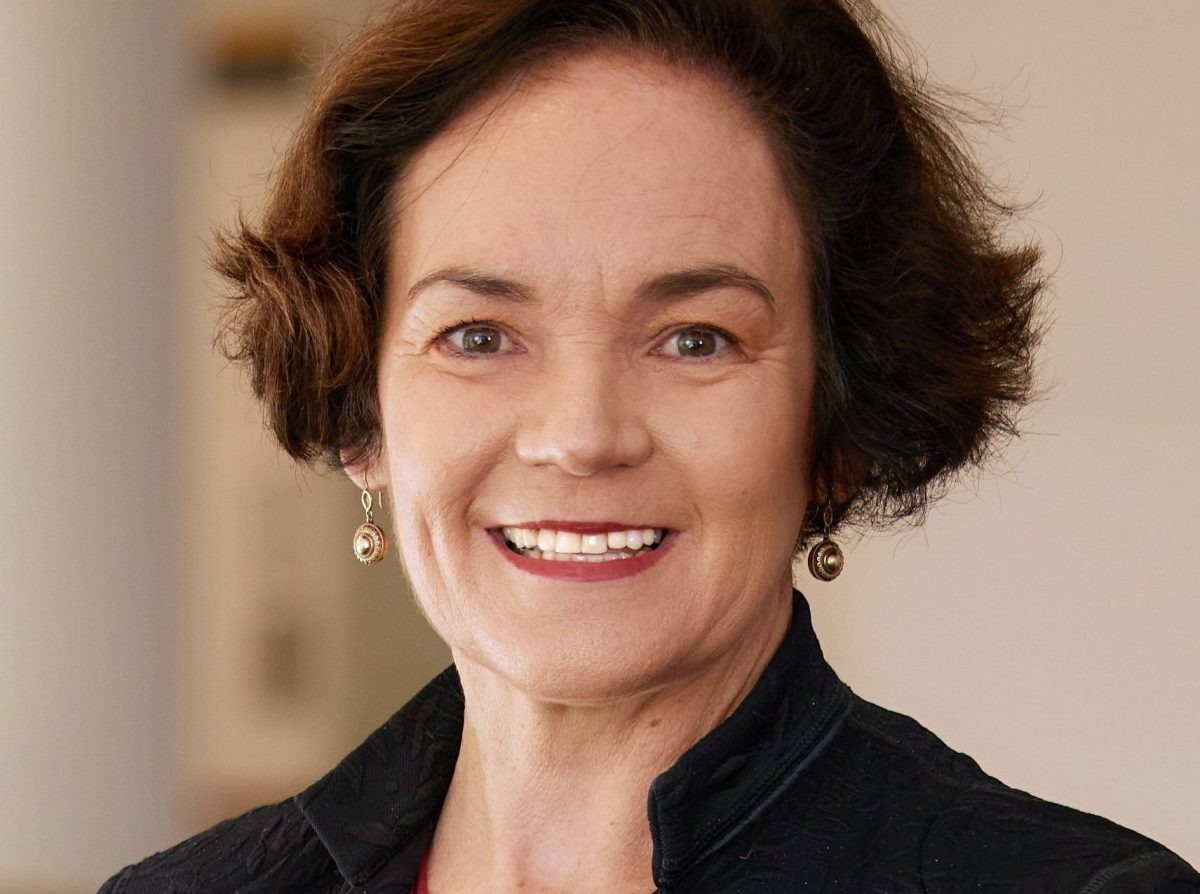
Kathryn Campbell has been named in the APSC investigation into Robodebt and APS Code of Conduct breaches. Photo: Supplied.
Former department secretaries Kathryn Campbell and Renée Leon have both been found to have breached the public service code of conduct in their handling of Robodebt.
They failed in their obligations a total of 25 times during their tenures at the Department of Human Services, according to an Australian Public Service Commission investigation that publicly released its findings on 13 September.
The roles of 16 current and former Australian Public Servants in the rollout of the illegal debt recovery scheme were examined in the inquiry.
13. When we want to retire still doesn’t match when we actually do, ABS data shows
by Chris Johnson

The ABS has released the latest data on retirement intentions, as well as statistics on what ages people actually stop working. Photo: File.
Farmers and fishers intend to retire later than miners, but intentions don’t always play out. Yet most Australians aim to stop work by the time they reach 66.
The latest Australian Bureau of Statistics figures show there has only been a slight change in retirement intentions among Aussie workers, with the age most people intend to retire rising by just 0.6 of a year in the past 10 years.
The number of women reporting that they mostly rely on their partner’s income after retirement has fallen 10 per cent.
12. It’s a trend – proportionally fewer public servants working in Canberra
by Chris Johnson
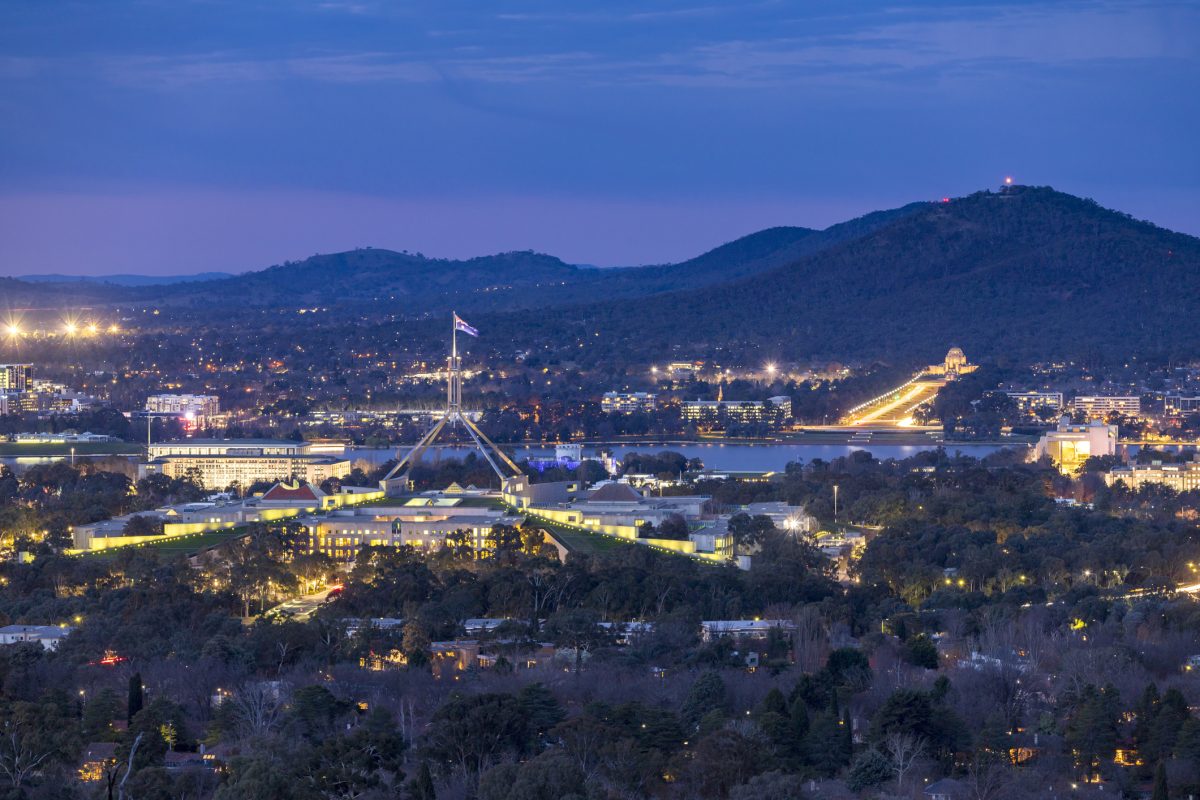
Canberra is changing and can no longer be considered just a public service town. Photo: File.
Canberra’s relationship with the Australian Public Service is getting a tweak from both ends, with the ACT Government and the federal bureaucracy flagging changes ahead for the capital.
In his 2024 State of the Territory address, Chief Minister Andrew Barr suggested Canberra could no longer be considered purely a public service town.
He said the proportion of APS employees in the ACT workforce had dropped significantly (31 per cent to 24 per cent) in the 10 years between 2011 and 2021.
11. APS set to bring more than half a billion dollars of core public sector work in-house
by Chris Johnson
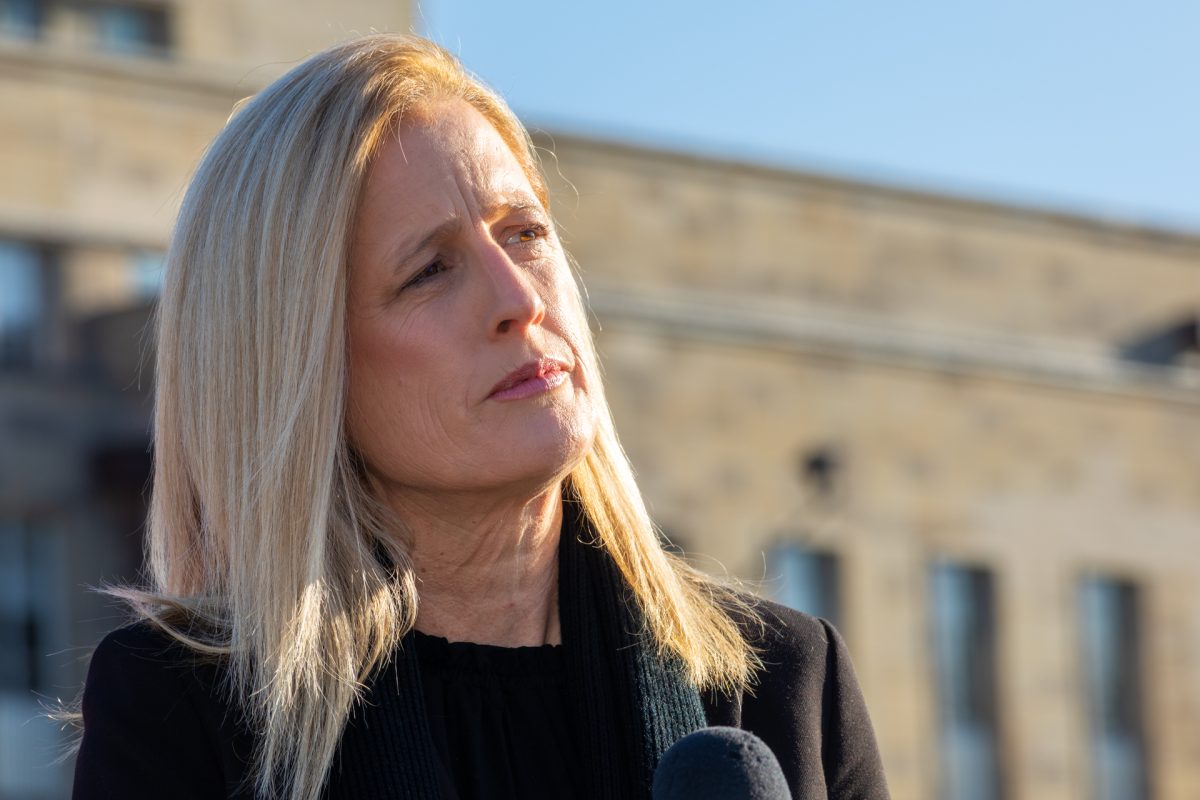
Public Service Minister Katy Gallagher has released an update on bringing APS core work in-house. Photo: Michelle Kroll.
Public Sector Minister Katy Gallagher says more than $500 million worth of contractor work has been brought in-house to the APS, but that goal is far greater.
A report released on 4 November shows the APS is set to bring more than half a billion dollars of core public sector work in-house, reducing the reliance on external contractors and consultants.
10. IT access breaches across APS growing security concern, parliamentary inquiry finds
by Chris Johnson
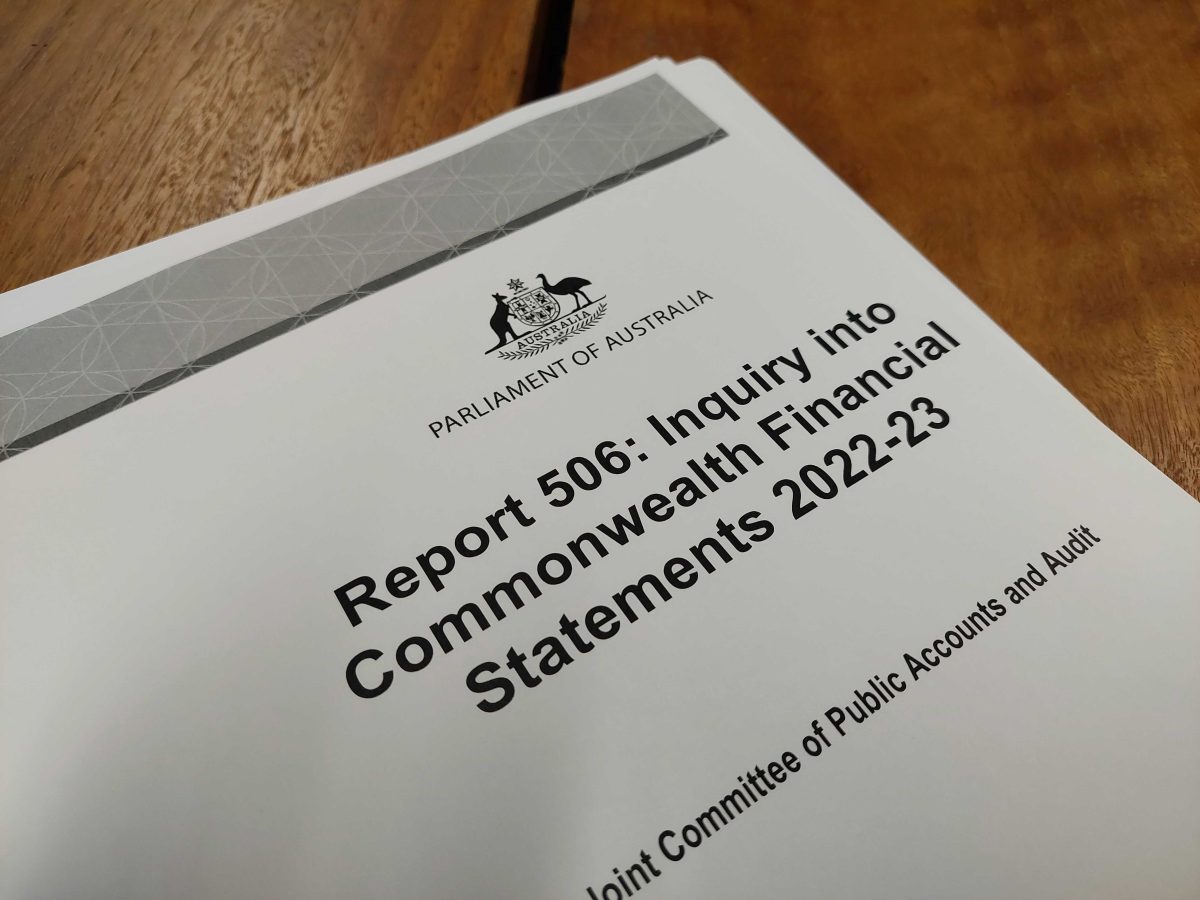
Commonwealth entities have an increasing problem with IT access breaches, according to a parliamentary report. Photo: David Murtagh.
A powerful parliamentary committee has blasted the Australian Public Service and other Commonwealth entities for failures in IT governance that pose threats to security and the exposure of sensitive information.
The Joint Committee of Public Accounts and Audit has also criticised specific agencies over breaches in payments and remuneration and has issued a general warning for all departments to lift their game in reporting to the Federal Parliament.
9. Consultants prioritising remote and interstate work over becoming public servants, recruiters say
by Morgan Kenyon
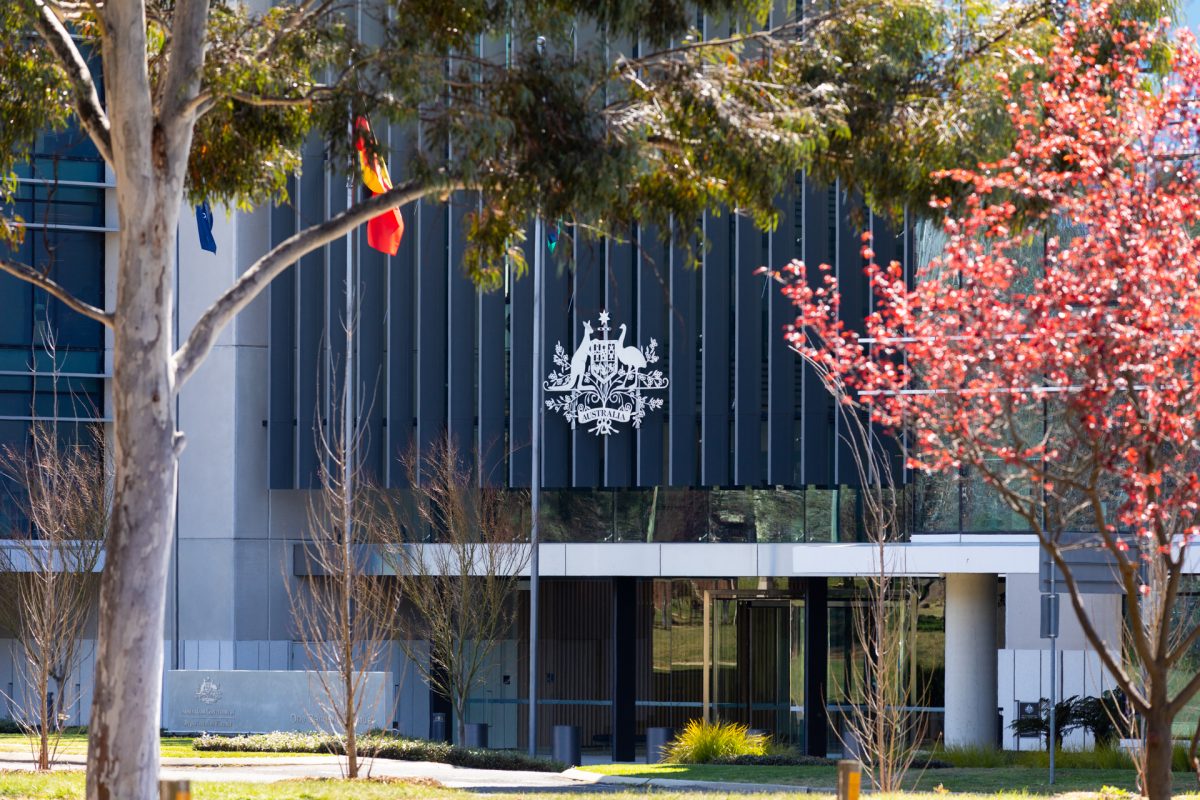
Plans to entice long-time contractors into secure public servant roles haven’t quite hit the mark. Photo: Michelle Kroll.
A year on from the Federal Government’s announcement of the APS Strategic Commissioning Framework and recruiters have noticed more professional consultants choosing to look outside the ACT for work, rather than moving into permanent positions.
The framework sets the expectation that core roles and functions are delivered by public service employees rather than external contractors to deepen system-wide capability and reduce the risks to integrity, expertise and public trust posed by excessive outsourcing.
In short, if a job can be done by APS staff, it has to be.
8. Are public servants bigwigs getting their just desserts for dining out at taxpayers’ expense?
by Chris Johnson
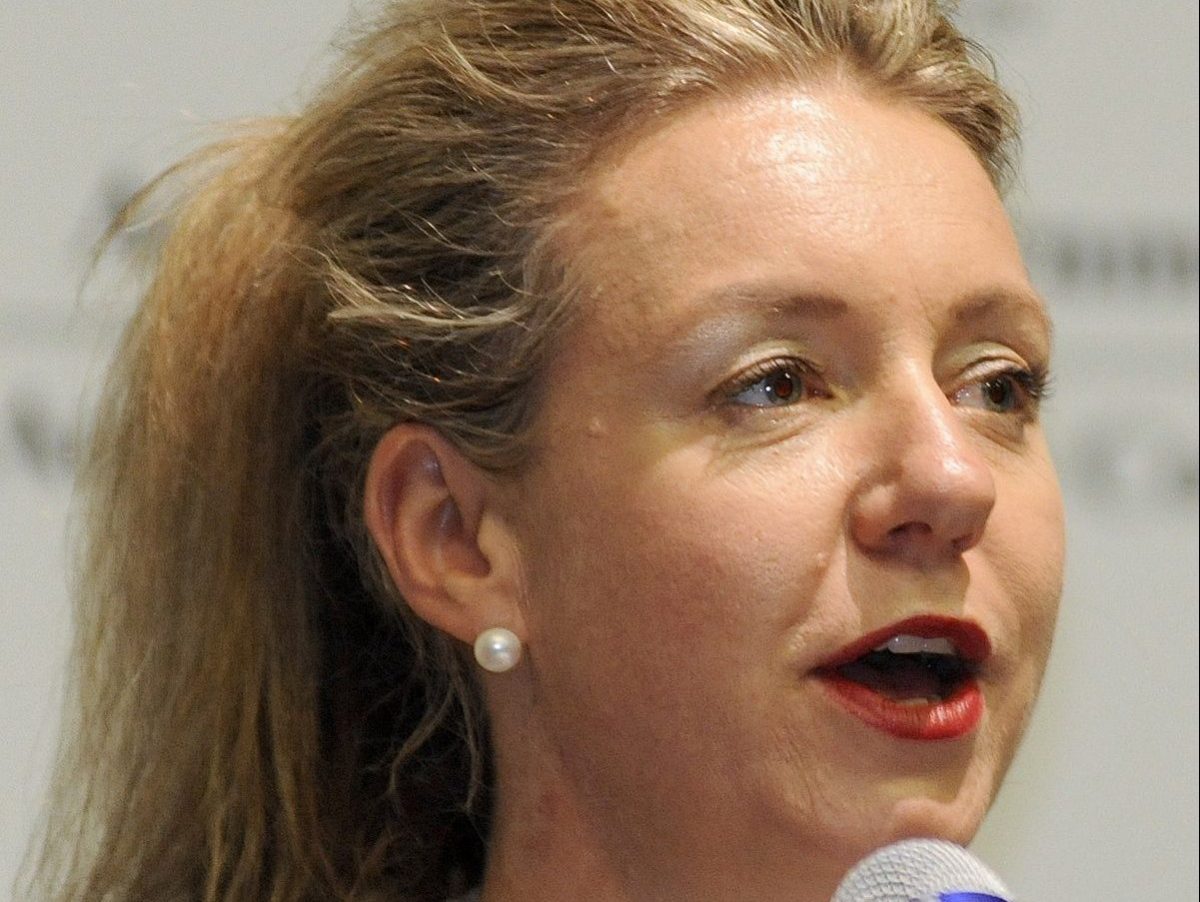
Nationals Senator Bridget McKenzie gave the CEO of Airservices Australia a grilling over dining out on the taxpayer. Photo: File.
If you’re a senior public servant dining out on the public purse, you can expect that it’ll be raised in Budget Estimates – and talked about at length.
That’s exactly what happened when Airservices Australia boss Jason Harfield faced a grilling over a wine and dine fest for himself and 10 of his organisation’s officials, totalling close to $2000.
These were all highly paid executives being entertained by the chief executive officer, who was happy for the taxpayer to foot the bill.
7. Psychological injury claims on the rise across the public sector
by Chris Johnson
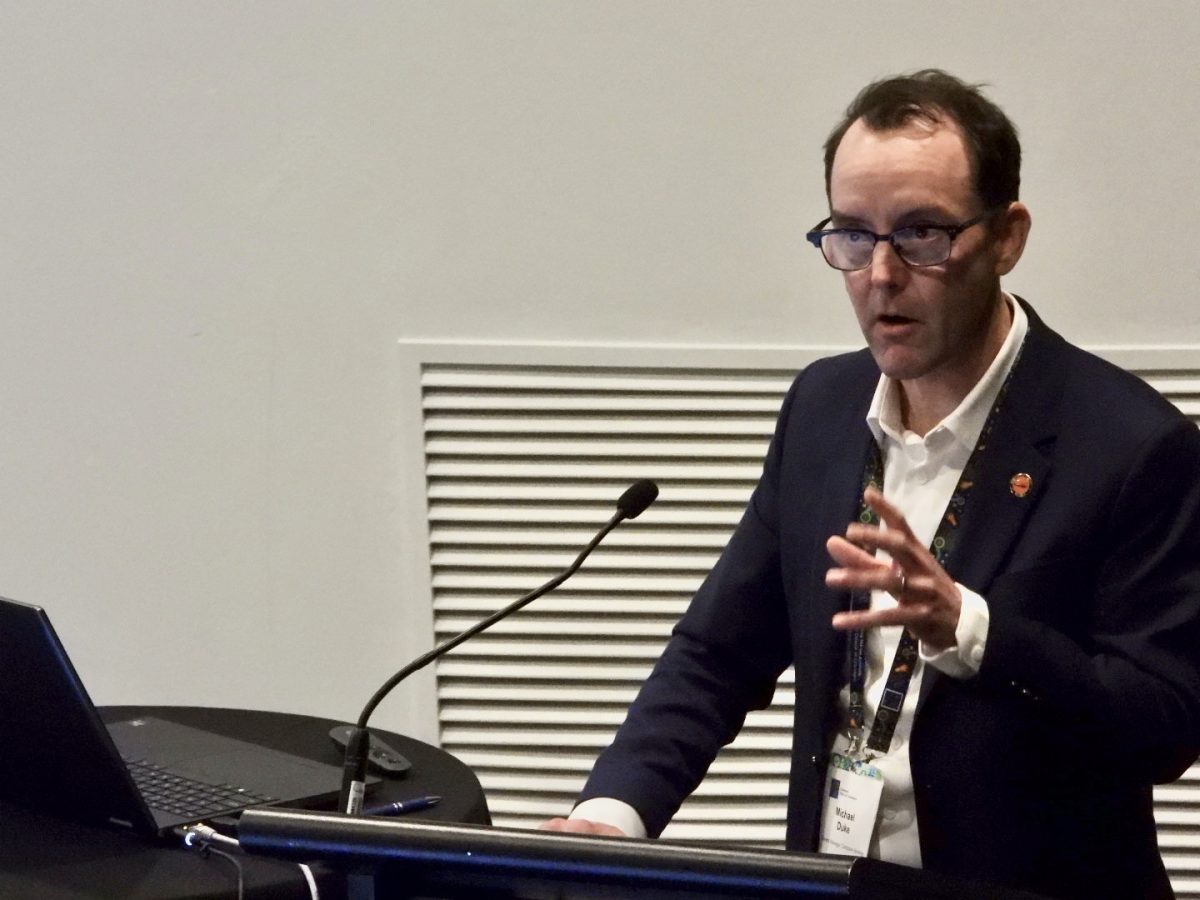
Comcare’s Michael Duke is tackling the subject of psychological injury at work. Photo: Comcare.
The term ‘psychosocial disease’ is being increasingly heard right across the public sector, playing out with a sharp rise in compensation claims over the affliction through Comcare.
That might come down to the fact there is abundantly more information being distributed about psychosocial disease, and also that changes to the work health and safety laws are making it easier for workers to claim for such injuries.
The 2024 Comcare National Conference revealed statistics to prove that when it comes to psychosocial injury at work, the focus must be on prevention.
6. Fewer APS consultants means less revenue for ACT Government
by Chris Johnson
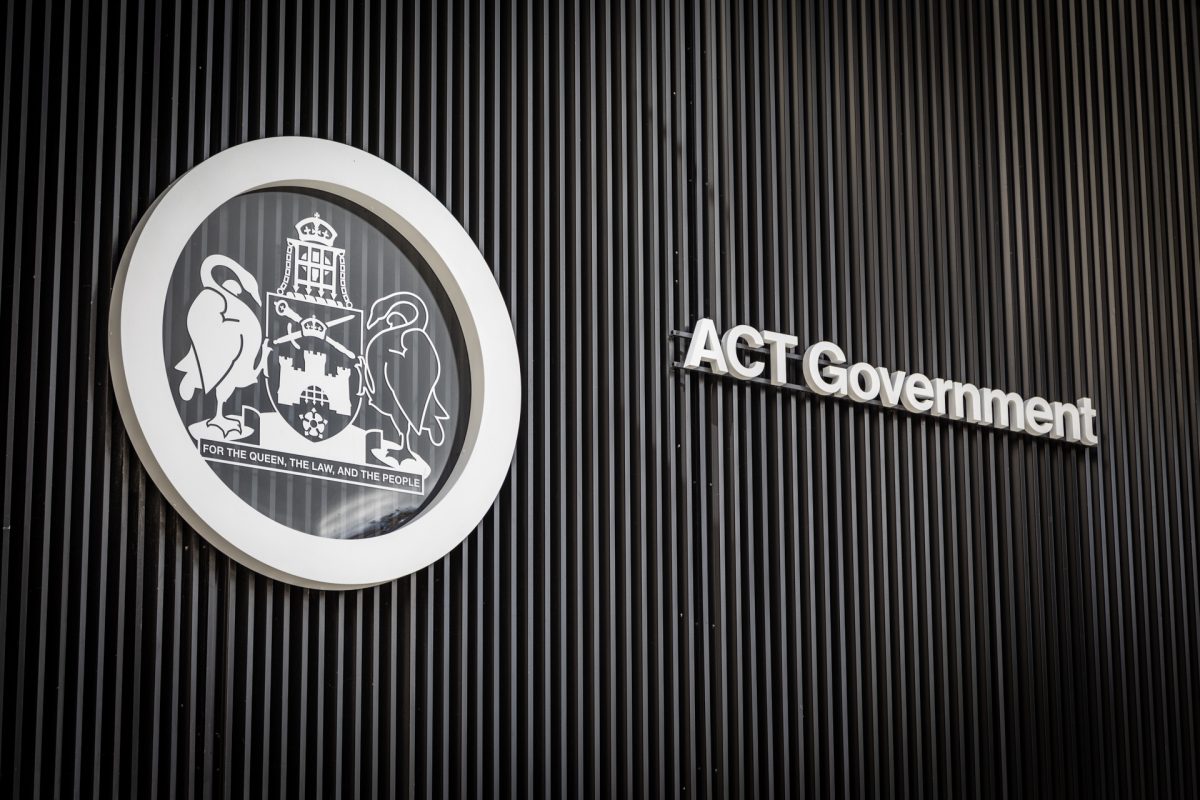
Fewer external consultants to the APS are hitting the ACT Government hard. Photo: Michelle Kroll.
Payroll tax has taken a huge hit following the $3 billion cut to Federal Government spending on consultancies in the Australian Public Service and the ACT Government is paying the price.
Chief Minister Andrew Barr said the slowdown in spending due to higher interest rates and inflation also meant GST payments for the territory would be reduced.
5. First cadre of Royal Australian Navy officers qualify as nuclear power operators
by Andrew McLaughlin

Royal Australian Navy LTCDR Adam Klyne, LT William Hall and LTCDR James Heydon have graduated from the US Navy’s Nuclear Power Training Unit in Charleston, South Carolina. Photo: US Navy via DVIDS.
The Royal Australian Navy’s plan to build a new skilled workforce for its planned nuclear-powered submarines has started with the graduation of three officers from the US Navy’s prestigious Nuclear Power Training Unit (NPTU).
The NPTU trains sailors and civilians for shipboard nuclear power plant operation and maintenance of surface ships and submarines in the US Navy’s nuclear fleet. Since it was established in 1989, the NPTU has trained more than 1000 US Navy sailors each year and plans to train 37,000 more sailors over the next 20 years.
4. First of four MQ-4C Triton uncrewed maritime aircraft arrives in Australia
by Andrew McLaughlin
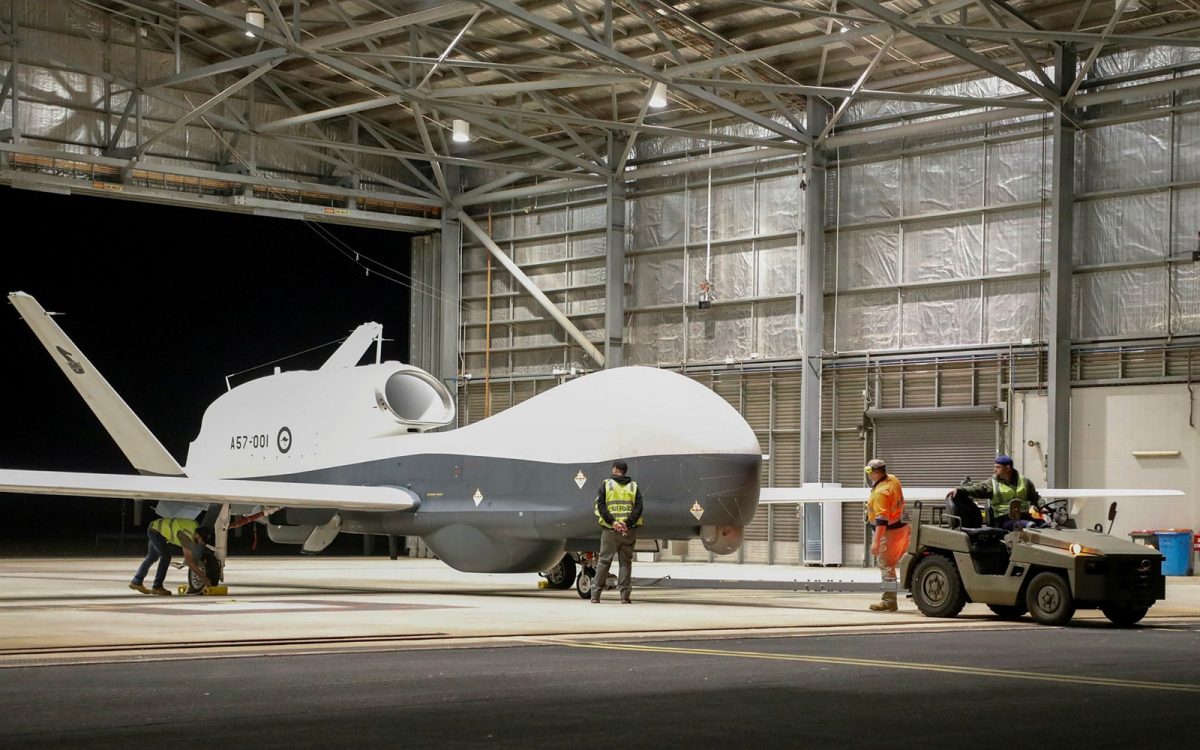
AUS1 is towed into its hangar after arriving at RAAF Tindal early Sunday morning. Photo: ADF.
The first of at least four large uncrewed maritime reconnaissance aircraft for the Royal Australian Air Force arrived in Australia before dawn on 16 June.
The Northrop Grumman MQ-4C Triton – dubbed AUS 1 – departed Point Mugu Naval Air Station near Los Angeles in California and made the trans-Pacific delivery flight via Wake Island to RAAF Tindal near Katherine in the Northern Territory.
3. Public servants fearful for their pensions in mooted tax changes
by Chris Johnson
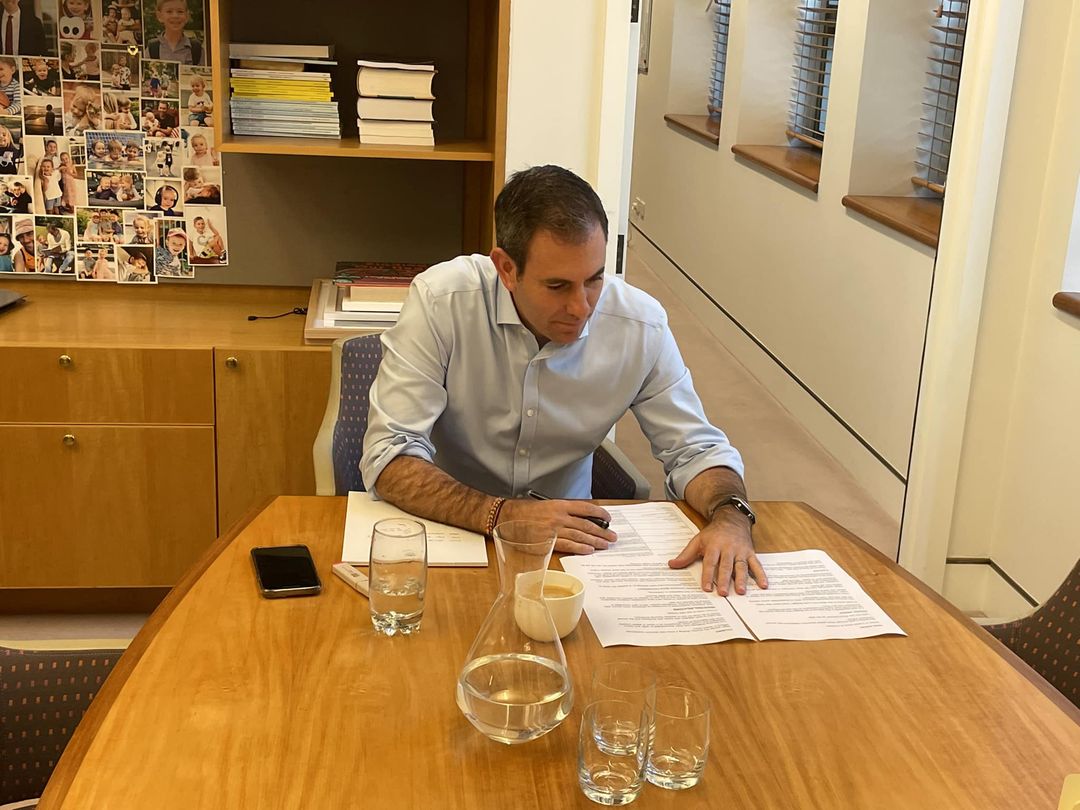
Jim Chalmers: the super rules designed to catch high-earners could hit public servants with defined benefits. Photo: Supplied.
The government’s new superannuation laws were meant to hit high-income earners, especially those who squirrelled lots of money into super. It turns out public servants on defined benefit pensions could be in the firing line.
Incoming superannuation tax laws aimed at high earners could potentially catch unsuspecting public servants on defined benefit pension schemes.
2. Dozens of public servants sacked for code of conduct breaches: State of the Service Report
by Chris Johnson
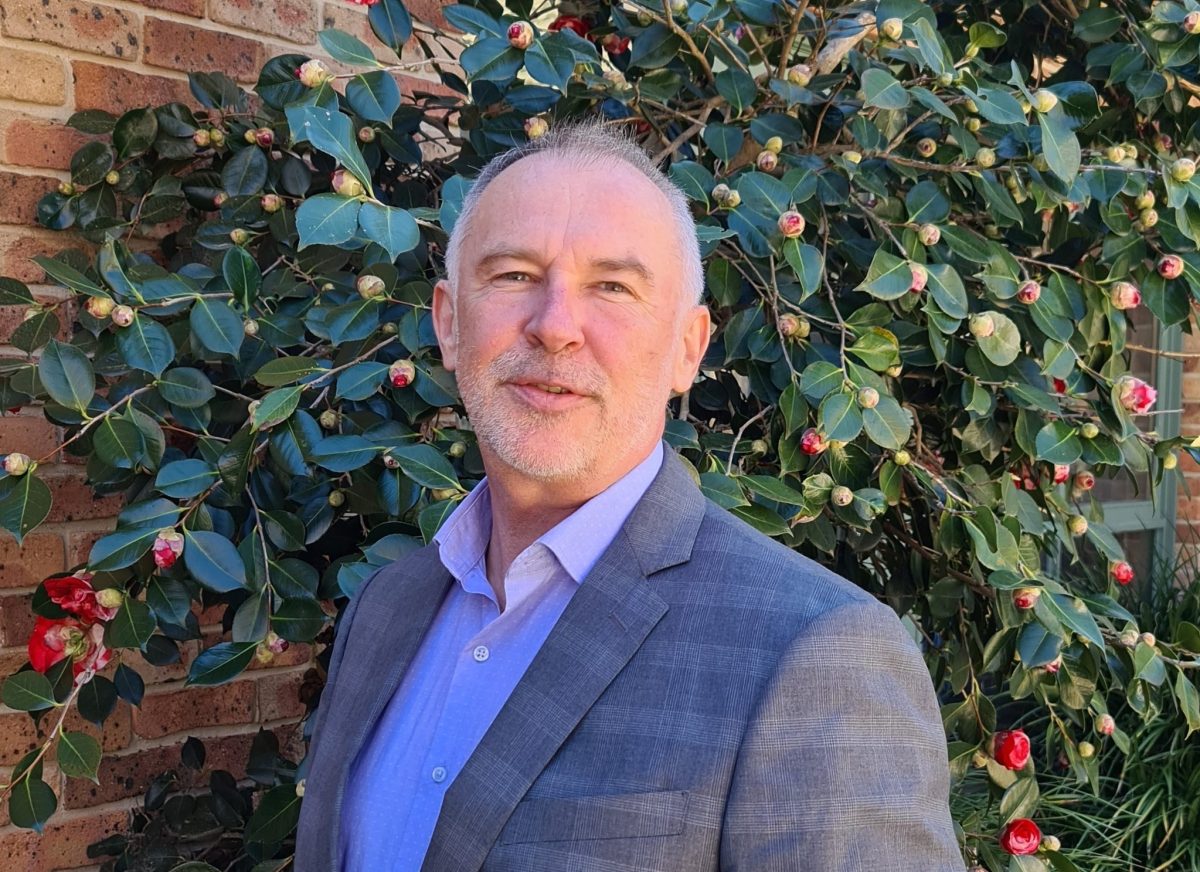
APS Commissioner Gordon de Brouwer says the public service has faced significant challenges over the past year. Photo: APSC.
A total of 555 Australian Public Servants were found to have breached the APS Code of Conduct in the past year, with 61 of them then having their employment terminated.
The State of the Service Report 2023-24 has been tabled in parliament (26 November), revealing agencies across the service reported that 647 employees were the subject of an investigation into a suspected breach of the code over the year.
Of those, 555 employees were found to have breached the code, with numerous employees being investigated for multiple suspected breaches.
1. Flexible working conditions hitting home as some APS bosses scramble to be ready
by Chris Johnson
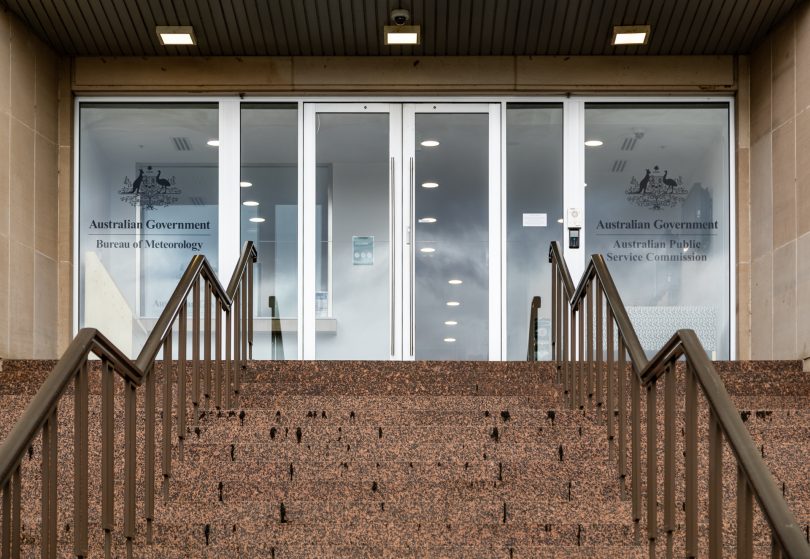
The Australian Public Service Commission says it gave the APS workforce what it wanted in flexible working rights. Photo: Michelle Kroll.
While most public servants are eagerly anticipating the start of their new rights to work from home more often, or to work from outside of Canberra, some government agencies are scrambling to be ready for the fresh approach to workplace conditions.
Departments are having to restructure – and in some instances, entirely replace – ICT networks to accommodate the new arrangements.
Rostering staff is also shaping up to be somewhat of a potential nightmare for public service bosses.
Original Article published by Tim White on Riotact.


